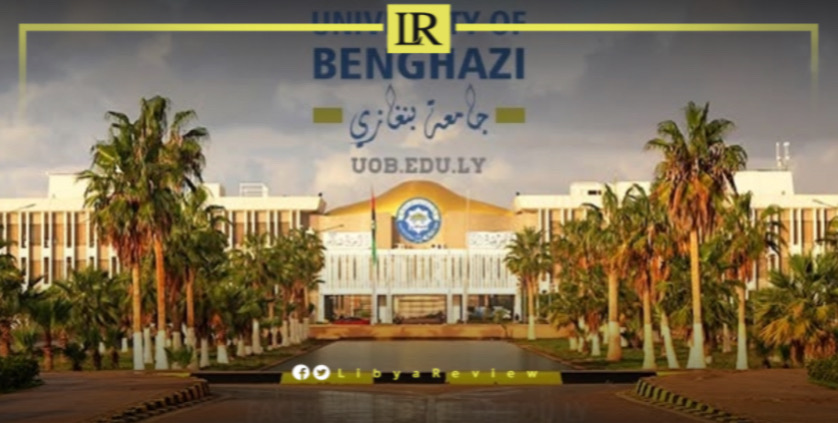Benghazi’s University has hosted a major cultural exhibition titled “From Benghazi to Stalingrad” to commemorate Russia’s Victory Day and the anniversary of Libya’s Operation Dignity triumph. The event was organised in collaboration with the Libyan Fund for Reconstruction and Development and under the patronage of Libya’s Ministry of Foreign Affairs and International Cooperation.
According to a statement by the Ministry, Dr. Adel Bakkar, Director of the European Affairs Department, warmly welcomed the Russian delegation and praised the steadily growing Libyan-Russian relations.
The exhibition attracted wide diplomatic and cultural attention, featuring attendance by foreign consuls based in Benghazi, a Russian official delegation, members of the Russian Public Diplomacy Centre, and several notable Libyan academic and cultural figures.
The event showcased shared historical narratives and highlighted deep-rooted cultural and humanitarian ties between Libya and Russia. It also aimed at strengthening bilateral cooperation and enhancing mutual understanding between the two nations.
Organisers emphasised that the exhibition reflects the Libyan government’s commitment to promoting public diplomacy and supporting internationally themed cultural initiatives. It is seen as a significant step forward in advancing Libyan-Russian relations on both official and popular levels.
Libya has been in chaos since a NATO-backed uprising toppled longtime leader Muammar Gaddafi in 2011. The county has for years been split between rival administrations.
Libya’s economy, heavily reliant on oil, has suffered due to the ongoing conflict. The instability has led to fluctuations in oil production and prices, impacting the global oil market and Libya’s economy.
The conflict has led to a significant humanitarian crisis in Libya, with thousands of people killed, and many more displaced. Migrants and refugees using Libya as a transit point to Europe have also faced dire conditions.
The planned elections for December 2021 were delayed due to disagreements over election laws and the eligibility of certain candidates. This delay has raised concerns about the feasibility of a peaceful political transition.
Despite the ceasefire, security remains a significant concern with sporadic fighting and the presence of mercenaries and foreign fighters. The unification of the military and the removal of foreign forces are crucial challenges.


